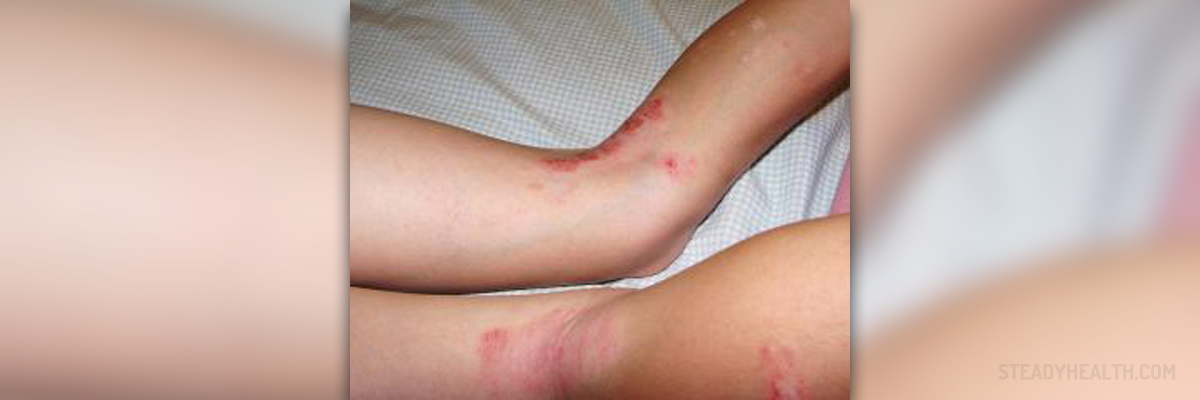
Dermatitis or eczema is inflammation of the skin. The word eczema comes from the old Greek word that means, "over boiled", which is about a feeling on the skin that occurs due to eczema
Symptoms
Skin affected with dermatitis is red, dry, rough, followed by itching and sometimes pain. It can occur on anywhere body skin but usually appear on the skin of the elbows and hand joints, knees and in babies on the cheeks.
How to relieve symptoms?
avoid scratching reduce stress avoid all what is suspiciously encourage emergence of eczema put on moisturizing cream on the affected area use medications prescribed by doctorDifferent types of dermatitis
There are two main types of dermatitis - atopic (children's eczema) and contact.
Atopic dermatitis usually develops in childhood sometimes immediately after birth. This type of eczema occurs in some families and it is more common in those who in the family also have some allergic diseases such as asthma. The skin looks dry, scurfy, and red and the main feature which differences it from rash is rough skin, which can secrete and create a scab.
Contact eczema more likely occurs in adults. It occurs by contact with something to which the person is allergic for example nickel, detergent, soaps, perfumes.
Less common type of eczema is seborrhea, which covers scalp and eyebrows manifesting as intense peeling and discoid eczema which creates circular spots.
What aggravates dermatitis?
Many people who suffer from eczema consider that some things make their eczema worse, including:
emotional and physical stress menstrual bleeding in women disease some food weather How is dermatitis treated?
It's hard to prevent the occurrence of eczema but avoiding the challenger is an important part of her treatment. Conventional remedies for eczema include creams and tinctures, which soften the skin, corticosteroid creams, antihistamines, vitamin E, and antibiotic creams.
Most importantly is to enable the affected skin doesn’t dry out, which can be achieved by moisturizer creams that soften skin.
In traditional medicine, eczema is treated with medicinal herbs, tinctures, essential and vegetable oils, by drinking yeast, clay, diet therapy, detoxification of the whole body (especially the blood, lymph, intestines and liver), vitamin A, C, E and B complex, zinc and petroleum.
It recommends reduced and selective diet - boiled white fish with plenty of parsley, garlic and olive oils. Also, potion can be made from 1 teaspoon of yeast stirred in 1 dl lukewarm water and one teaspoon of sugar and drunk when fermentation starts.
It is forbidden to use refined starches and sugars, additives, strong spices, coffee, alcohol, wheat, soy and eggs. These foods should not be taken at least a month and a half to provide more successful treatment.
For detoxification is the best tea or dried figs and plums which should be taken 2-3 times a day. Also helps starvation for 1-3 days with taking larger quantities of fluid.
Rinsing with root, nettle leaves, sage leaves, chamomile flowers and wormwood leaves teas helps in relieving skin itch.
In chronic eczema walnut leaves, oak bark and nettle leaves teas are of great help.


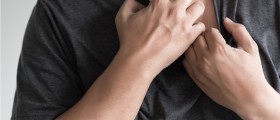

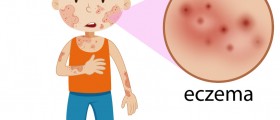
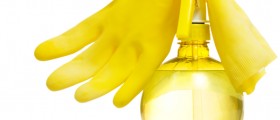

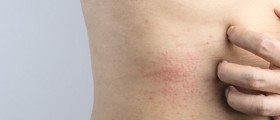
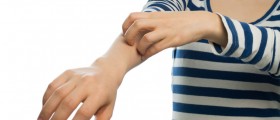
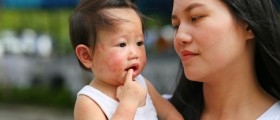
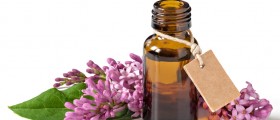
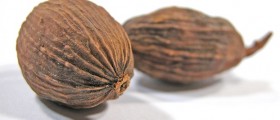
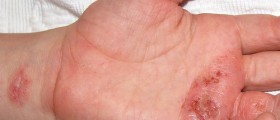
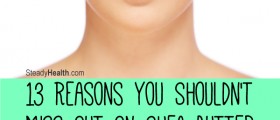
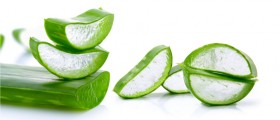
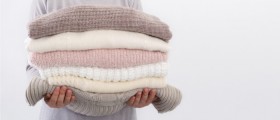
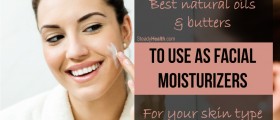
Your thoughts on this
Loading...